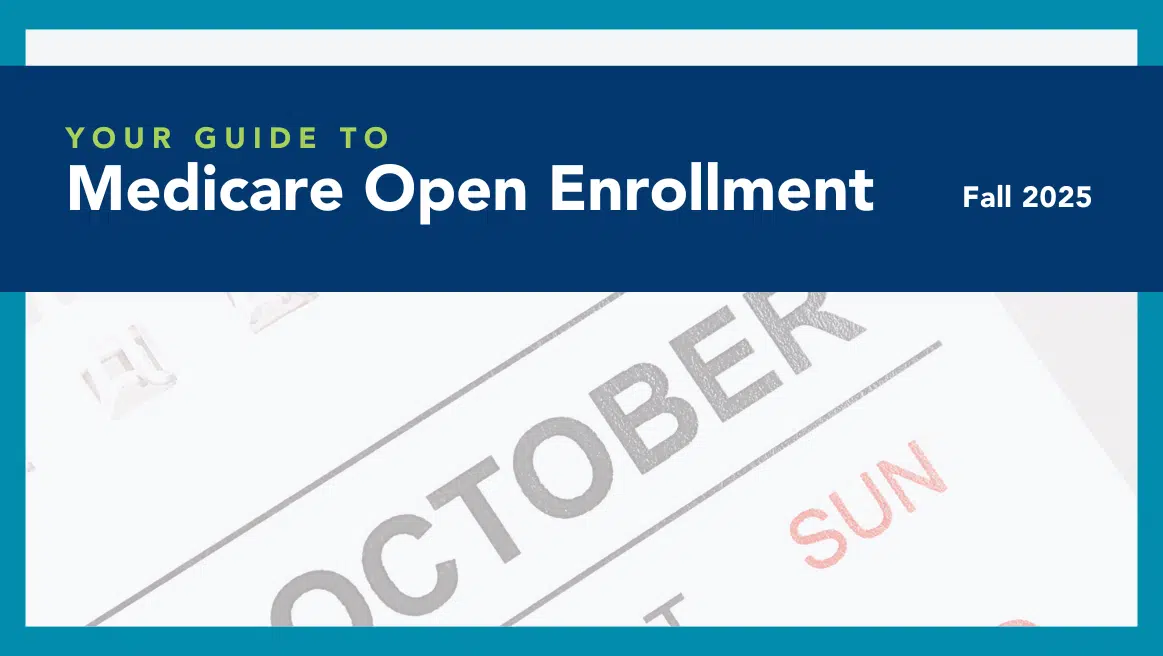Take Action: Tell your senators to reject harmful cuts to health care!
Potential Target for Medicaid Cuts Would End Coverage for 20 Million People

As we discussed last week, the Republican-controlled Congress is considering massive cuts to Medicaid. All cuts to Medicaid are harmful and would have ripple effects that hurt the Medicare program and its beneficiaries.
One type of cut being discussed would target the Affordable Care Act’s (ACA) Medicaid expansion population. This may sound familiar. In 2018, the last time the ACA was at risk, its Medicaid expansion was a particular target for repeal. The new efforts may come with a twist, however. Instead of directly eliminating the expansion, Congress could keep it in place but reduce its federal funding, shifting those costs to states.
States on the Hook
KFF has new numbers estimating the state-by-state impact of this policy under two different scenarios. In Scenario 1, states would continue to fund their Medicaid expansions despite the greater cost. According to KFF, this would result in a 17% increase in state Medicaid spending over 10 years. This number would go higher if anything like a pandemic or recession caused a surge in Medicaid enrollment.
In Scenario 2, states would drop their expansions entirely, unable to afford the $626 billion in additional costs. This would kick 20 million low-income people out of their insurance coverage. While dropping this coverage would prevent the catastrophic budget effects of trying to pay for the expansion using only state dollars, increasing the uninsured rate has ripple effects for the economy and the health care system, in addition to the suffering and increased health and financial harms for the people losing access to coverage and care.
Trigger Laws
Importantly, nine states have “trigger laws” on the books that require them to terminate the expansion if the federal government’s financial support dwindles. Three other states have laws that would require them to find other sources of funding under such circumstances. So, even if some states wanted to continue covering their expansion population, they may be unable to do so.
Impact on Medicare
While Medicare would not be directly affected by changes in federal or state funding for the Medicaid expansion, cuts to Medicaid harm Medicare beneficiaries in many ways. Anything that stresses state budgets puts programs on which older adults and people with disabilities rely at risk. That pool of dollars is finite, and either bearing the sole cost of the Medicaid expansion or the sole cost of increasing numbers of uninsured people is a stressor on state financial health that could limit capacity for and access to other programs.
Anything that stresses state budgets puts programs on which older adults and people with disabilities rely at risk.
Many people with Medicare have caregivers who are insured through expansion Medicaid. This includes family caregivers and also formal, paid direct care workers whose wages lag behind those in other industries and who often qualify for Medicaid despite working full time. If they lose coverage and experience health and financial instability as a result, they may be unable to provide care, putting the Medicare beneficiary’s health and future at risk as well.
A Cut to Medicaid is a Cut to Medicare
At Medicare Rights, we see Medicare, Medicaid, and the ACA as a set of interconnected programs. A cut to one is a cut to all, with damaging effects on beneficiaries, families, providers, and taxpayers. We will continue to urge policymakers to work toward more access to affordable, high-quality care, not kicking people out of their coverage.
Take Action to Protect Medicaid
The Senate may vote on its harmful budget proposal in the coming days, and the House is expected to follow suit as soon as next week. Now is the time to send Congress a clear message: Don’t cut Medicaid!
- Use this call-in line (provided by SEIU) to reach your lawmakers: 866-426-2631.
- Tell them to oppose any Medicaid cuts. Whether it’s work requirements, eligibility changes, or reduced funding, a cut is a cut.
- A cut to Medicaid is a cut to Medicare. The programs work together to provide the services and supports people need.
- The outcome from any cut is the same: older adults, people with disabilities, and their caregivers would lose access to needed health and long-term care.
- Medicaid is a lifeline for over 7 million older adults and 12 million people with Medicare. Slashing the program would cause serious and lasting harm.
- Be sure to personalize your message! View this map to learn what percentage of people in your Congressional district rely on Medicaid and share that number with your lawmakers.
Further Reading
Read more about attempts to cut Medicaid.
Read more about past attempts to eliminate the Medicaid expansion.
Show Comments
We welcome thoughtful, respectful discussion on our website. To maintain a safe and constructive environment, comments that include profanity or violent, threatening language will be hidden. We may ban commentors who repeatedly cross these guidelines.
Help Us Protect & Strengthen Medicare.
Donate today and make a lasting impact.
The Latest
Most Read
Add Medicare to Your Inbox
Sign up to receive Medicare news, policy developments, and other useful updates from the Medicare Rights.
View this profile on InstagramMedicare Rights Center (@medicarerights) • Instagram photos and videos









